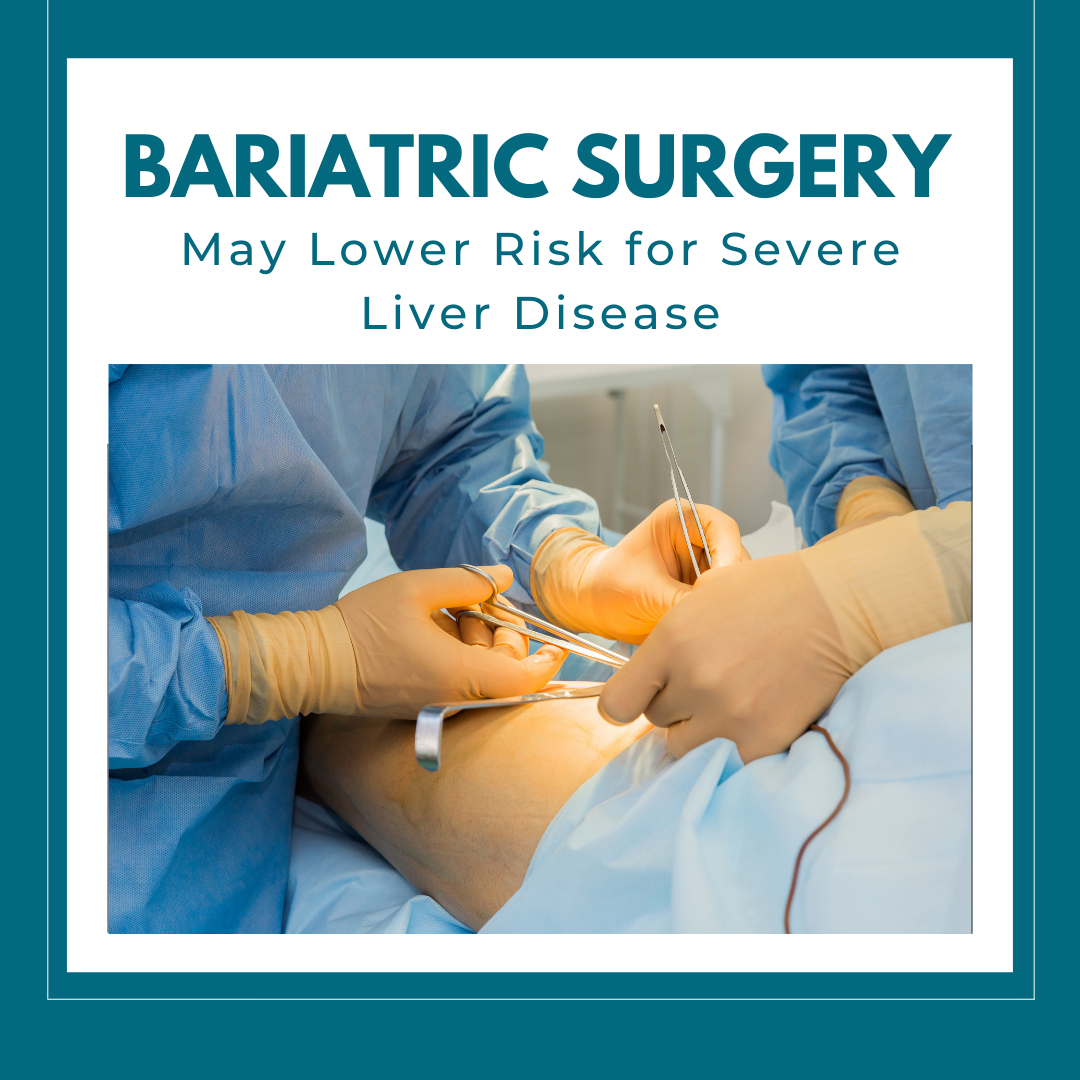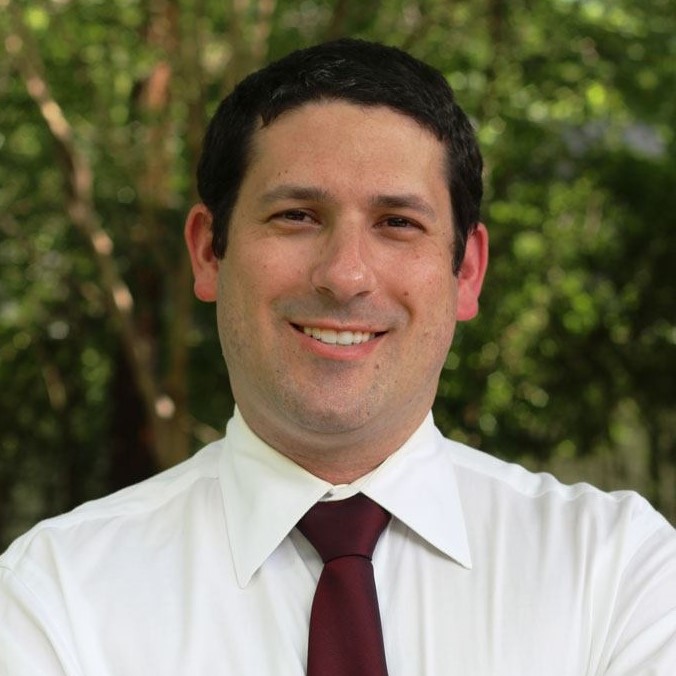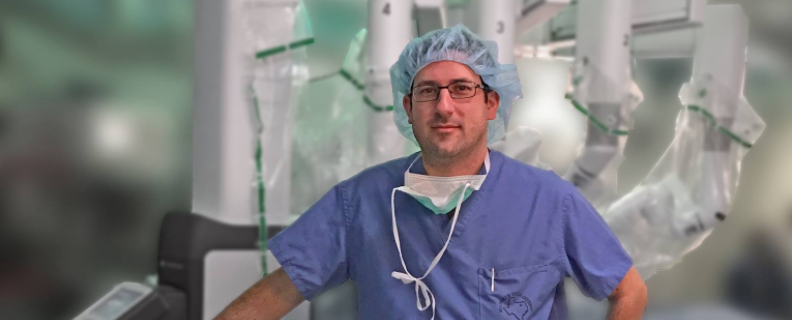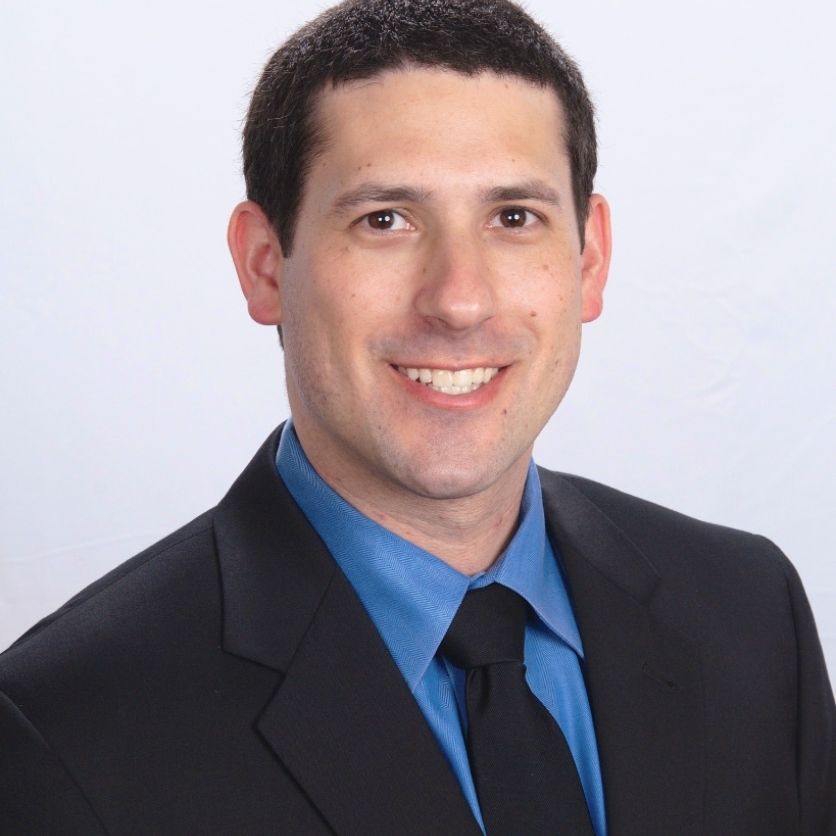

Dr. Michael Sutker, MD
Surgeon
7777 Forest Ln Suite A 331 Dallas TX, 75230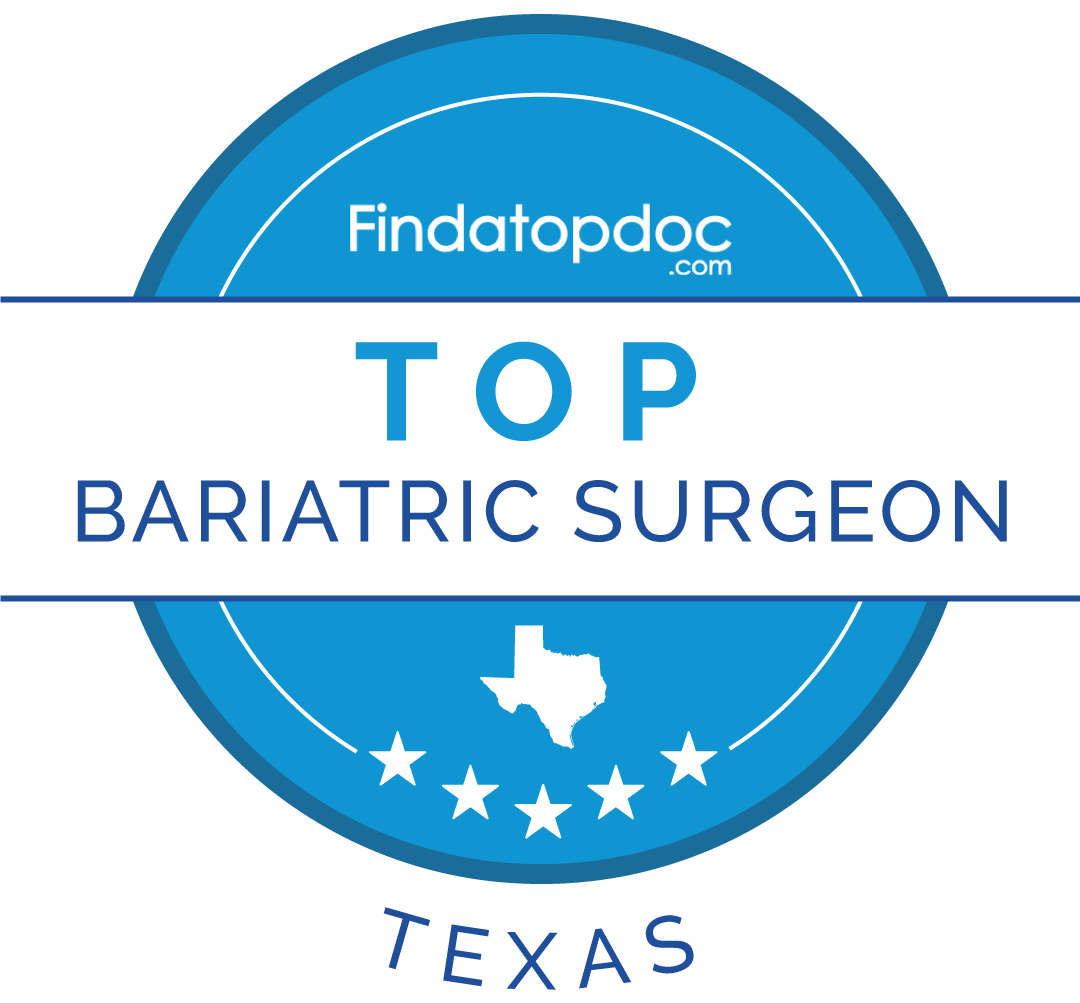
About
Dr. Sutker has been in practice at Medical City Dallas since 2014 and at Medical City McKinney since 2019. He is board-certified in general surgery. Dr. Sutker manages a wide range of surgical diseases. He specializes in treating conditions with minimally invasive techniques utilizing both standard laparoscopy and robotic-assisted laparoscopy. Dr. Sutker has specialty training in the surgical treatment of obesity, acid reflux, esophageal motility disorders, and paraesophageal hernias. He is skilled in the repair of abdominal wall defects, including inguinal, umbilical, ventral, and incisional hernias. Dr. Sutker also enjoys managing emergency surgical situations including gallbladder disease, appendicitis, and diverticulitis.
Dr. Michael Sutker, MD's Videos
Education and Training
MD at the University of Texas Southwestern Medical Center
Board Certification
American Board of Surgery
Provider Details

Dr. Michael Sutker, MD's Expert Contributions
Patient Education Series | Understanding Pancreatectomy | Michael J. Sutker, MD, FACS
Understanding Pancreatectomy: A Vital Surgical ProcedureA pancreatectomy is a surgical procedure involving the removal of all or part of the pancreas, a vital organ located behind the stomach that plays a crucial role in digestion and blood sugar regulation. This surgery is typically performed to...
Spotlight Video | The 4 Types Of Bariatric Surgery | Michael J. Sutker, MD, FACS
Understanding the 4 Types of Bariatric Surgery for Effective Weight LossBariatric surgery is a specialized form of weight loss surgery designed to assist individuals struggling with severe obesity. Beyond its aesthetic impact, it plays a crucial role in reducing the risk of serious health problems...
Spotlight Video | All About Acid Reflux | Michael J. Sutker, MD, FACS
Michael Jason Sutker, MD, FACS is an Established General & Bariatric Surgeon at His Private Practice, located in Dallas & McKinney, Texas.Dr. Sutker, a board-certified general surgeon, specializes in minimally invasive treatments, particularly robotic-assisted laparoscopy. He established his...
Tips For Weight Loss - By Dr. Michael Sutker
Tip 1 - Do Not Eat After 8 PMMy Recommendation - Many patients consume unnecessary calories late in the day prior to bed. Some patients suffer from Night Eating Disorder. Cutting out these calories can help with weight loss.Tip 2 - Avoid Beverages With CaloriesMy Recommendation - Beverages with...
What Makes Dr. Sutker Stand Out?
Dr. Michael Sutker is the Medical Director of Robotic Surgery and the Chair of the Advanced Clinical Advisory Board at Medical City Dallas Hospital, where he’s been practicing since 2014. There, he is also a member of the General Surgery Performance Improvement and Intensive Care Unit...
Meet Michael Sutker, MD: Dallas's General & Bariatric Surgeon
Dr. Michael Sutker is the Medical Director of Robotic Surgery and the Chair of the Advanced Clinical Advisory Board at Medical City Dallas Hospital, where he’s been practicing since 2014. There, he is also a member of the General Surgery Performance Improvement and Intensive Care Unit...
Minimally Invasive Hernia Repair
Hernias are extremely common, especially in the abdominal area, and could also be present and undetected at birth. They occur when tissue pushes through a muscle’s weak spot.For qualifying patients, minimally invasive hernia repair is a great alternative to more invasive, open hernia repair. The...
Understanding Bariatric Surgery: FAQs
The decision to undergo bariatric surgery is not an easy one.Thinking about undergoing bariatric surgery or know someone who is? Here are some FAQs that might help.When is someone eligible for bariatric surgery?Since there are no two overweight people that are exactly the same, there is no general...
How long do you need pain medications after hernia surgery?
I typically prescribe 5 days of medication and rarely have to refill it. READ MORE
Do you get pain meds after a colonoscopy?
After colonoscopy, no. READ MORE
How long do you have pain after gastric bypass surgery?
I typically prescribe pain medication for 5 days after surgery and rarely have to refill it after that. Many patients do not need to take it for that long. READ MORE
What is the fastest way to recover from hernia surgery?
I usually recommend light activity (walking, jogging, up and down stairs, nothing strenuous, nothing more than 20 lbs) for 2 weeks after surgery. I tell my patients no restrictions after 4 weeks. Between weeks 2 and 4, you can gradually increase your activity level. Doing too much activity too quickly after surgery may prolong your recover from 2-4 weeks into 8-12 weeks. Make sure you give yourself time to recover. READ MORE
Should I fix my small umbilical hernia with suture now or later in life?
The smaller the hernia is, the more likely it can be repaired without needing mesh. 2 cm is usually the cut off. Women of child-bearing age may be the exception to that rule. You may want to take care of the hernia before you get pregnant as they can turn into problems that you do not want to deal with during pregnancy. It is likely to get larger during pregnancy, requiring a more complex repair after you finish having children. You probably don't even need to wait to conceive after surgery. Speak with a surgeon and your obstetrician though. READ MORE
Pus comes out of my appendix?
You need to go see your surgeon and be treated for a wound infection. READ MORE
Is it my gallbladder?
The blood in your stool is unlikely to be related to your gallbladder. Gallbladder symptoms typically include right upper quadrant abdominal pain that is worse after eating, especially fatty, greasy, and oily foods. The pain can be associated with nausea, vomiting, and bloating. An ultrasound is typically required to diagnose gallstones. You may require evaluation by your PCP, a gastroenterologist, and a surgeon to sort through your issues, but you should not ignore your symptoms! READ MORE
How long do you stay in hospital after abdominal hernia surgery?
Many can be done as day surgery procedures (home on the same day of surgery). Larger hernias may require a 1 or 2 night stay in the hospital. READ MORE
What surgery is done for abdominal hernia?
Hernia repair. The location of the hernia, size, and previous surgeries depends on the type of surgery offered. Options include open repair with a large incision or minimally invasive repair (laparoscopic or robotic-assisted) with several small incisions. Most hernia repairs are done with placement of mesh, but certain hernias are able to be fixed without it. READ MORE
Diabetic circumcision?
Make sure you discuss with your surgeon and your anesthesiologist! Typically, an A1c <7 or 8 is a better option prior to an elective operation. An A1c that high puts you at potential risk for wound complications or impaired healing. READ MORE
I have right side pain?
Without seeing a doctor, you may not get very far. There are some long-term side effects from a gastric bypass that could be contributing to your symptoms. Long-term NSAID (anti-inflammatories such as ibuprofen) can cause ulcers, especially in bypass patients, although that typically presents as left-sided pain. Kidney stones, diverticulitis, ovarian cysts, gastroenteritis, muscle strains... the list can go on. READ MORE
How long can you wait to have surgery for a hernia?
If you have symptoms related to your hiatal hernia, I would recommend repair. Typical symptoms include nausea, vomiting, difficulty swallowing (dysphagia), reflux, and bloating. Atypical symptoms can include a cough, sore throat, and difficulty breathing. There is rarely a need to operate urgently; however, the hernia will typically get larger and more problematic over time. The hardest ones to fix are usually the ones where a patient has waited 10+ years after getting diagnosed prior to having a repair. READ MORE
Is hernia surgery advisable for an 80-year-old?
Her physiologic age (how healthy is she?) is more of a determining factor than her chronologic age. I have operated on many 90+ year olds who were healthier than 50+ year olds. In general, a hernia repair should be a safe operation in an 80 year old, and it is probably better to operate when she is 80 and not 90 and when it is a planned operation over an emergency. READ MORE
Does general anesthesia increase risk of DVT?
There is a slight increase risk with general anesthesia of getting a DVT, but not enough of a risk that I would recommend against general anesthesia for most operations. General anesthesia is typically very safe, and other contributing factors (obesity, immobility, previous blood clots) probably contribute to a higher risk of a DVT after surgery. READ MORE
Does appendix surgery leave a scar?
Any surgery you have will leave a scar. Typically, an appendectomy is done via laparoscopy with several small 1 cm incisions. They typically heal well with just a faint line. READ MORE
Is stomach hernia surgery painful?
Typically, hernia repair is well tolerated. Pain depends on your own tolerance, the size of the hernia, and the kind of repair. READ MORE
Can thyroid surgery be done under local anesthesia?
Unlikely. It is actually much safer to do under general anesthesia. READ MORE
Do you get general anesthesia for gallbladder surgery?
Yes. READ MORE
Do you have to take pills after a heart transplant?
Yes. READ MORE
What is wrong with my abdomen?
Abdominal pain can be caused by a wide variety of problems. The location of the pain (upper vs. lower abdomen vs. pelvis; right vs. left), quality of the pain (stabbing, burning, throbbing), intensity (dull vs. severe), and duration (comes and goes through the day or week or constant) can help guide your care team to establish a diagnosis. Other concerns are if the pain is related to food intake, fasting, physical activity, sexual activity, or your menstrual cycle. Evaluation should include a thorough history, physical exam, and adjuncts such as labs, X-rays, ultrasound, CT scan, or MRI. Very rarely, a laparoscopy (a surgical procedure where a camera is inserted into the abdomen to evaluate for problems) is required to help establish a diagnosis. In spite of all this, sometimes a definitive diagnosis for abdominal pain cannot be established and is related to a "functional" problem. Hope this helps at least a little. Unfortunately, without more information, it is hard to guide any further. Sorry you are having so much difficulty. READ MORE
Expert Publications
Data provided by the National Library of MedicineAreas of expertise and specialization
Faculty Titles & Positions
- Medical Director of Robotic Surgery Medical City Dallas Hospital 2016 - 2016
- Chair of the Advanced Clinical Advisory Board Medical City Dallas Hospital - 2016
- Chief of Surgery Medical City Dallas Hospital 2022 - Present
- Trauma Medical Director Medical City Dallas Hospital 2021 - Present
- Section Chief of General Surgery Medical City Dallas Hospital 2019 - 2021
Awards
- Top10MD 2019 Top10MD
- Top10MD 2018 Top10MD
- Top10MD 2017 Top10MD
Professional Memberships
- Texas Association for Bariatric Surgery
- American Society for Metabolic and Bariatric Surgery
- Society of American Gastrointestinal and Endoscopic Surgeons
- American College of Surgeons
- American Medical Association
- Obesity Medicine Association
Fellowships
- UC-San Francisco
Fellowships
- Minimally Invasive and Bariatric Surgery, University of Texas Southwestern Medical Center
Professional Society Memberships
- Society of American Gastrointestinal and Endoscopic Surgeons, American College of Surgeons, Texas Medical Association, Dallas County Medical Society
What do you attribute your success to?
Good training and availability
Hobbies / Sports
- Spending Time With Family
Dr. Michael Sutker, MD's Practice location
Michael Sutker, M.D., P.A.
7777 Forest Ln Suite A 331 -Dallas, TX 75230Get Direction
Michael Sutker, MD, PA
4510 Medical Center Drive 302 -McKinney, TX 75069Get Direction
Dr. Michael Sutker, MD's reviews
Write ReviewPatient Experience with Dr. Sutker
- Monica
Doctor Sutker was great and explained everything really well.
- Michael
Absolutely great!
- Ernest bore n
Great
- Morgan
I came in through the Er so had no prior experience with the Dr. He has been very attentive, caring and helpful with all of my questions and concerns.
- Casey
Dr. Sutker is so attentive. He provides exceptional support!
Amazing doctor and staff!
- Michael
Excellent bedside manners. Excellent care
- Dorothy
Great Doctor very professional
- Ronda
He saved my life! What's a better review than that.?
- Dorothy
Excellent care. Excellent bedside manners
- Robert
Helpful
- Nighat
He did good Job
- Damon
Excellent doctor . Kind and understanding. Gave great advice to help my problem.
- Robert
He was fantastic.
- Ana
Excellent
- Carol
Dr. Sutker was very knowledgeable, kind, professional and considerate. He made me feel relaxed and that he cared for me and my anxiety and that I was a person not a number.
- Elliot
I found dr sutker to be very professional but still personable. He answered all of my questions truthfully.
Great :)
- Abba
A bit of a wait but worth it. I felt the doctor really listened and addressed my concerns. Also knowledgeble.
- Phyllis
Good care. Talked me and answered all my questions.
+ Show More
Media Releases
Get to know General Surgeon Dr. Michael Jason Sutker, who serves patients in Texas.
Dr. Sutker is a board-certified general surgeon who specializes in treating general surgery conditions with minimally invasive techniques, mostly utilizing robotic-assisted laparoscopy. He opened his practice, Michael Sutker, M.D., P.A., at Medical City Dallas in 2014 where he is the Medical Director of the Robotic Surgery Program & Section Chief for General Surgery.
At the beginning of 2019, he started a second office at Medical City McKinney to bring his skills and expertise to that area. Dr. Sutker is also a part of the Surgical Consultants of Dallas, LLC, and he maintains close ties with associate surgeons, including Dr. Sue Jiang, Dr. Christopher Bell, and Dr. Dina Madni.
A Plano, Texas native who graduated from the University of Texas at Austin, Dr. Sutker earned his medical degree from the University of Texas Southwestern Medical School in Dallas. He then went on to complete his general surgical internship and residency at the same educational venue. He received additional fellowship training in minimal invasive and bariatric surgery at the University of California, San Francisco Medical Center.
Skilled in the repair of abdominal wall defects, the doctor is board-certified in general surgery by the American Board of Surgery, an independent, non-profit organization located in Philadelphia, Pennsylvania, founded for the purpose of certifying surgeons who have met a defined standard of education, training, and knowledge.
In addition, he is board-certified in obesity surgery by the American Board of Obesity Medicine, which is a 501 nonprofit, self-appointed physician-evaluation organization that certifies physicians practicing obesity medicine.
Attributing his success to good training and availability, he has received specialty training in the surgical treatment of obesity, gastro-esophageal reflux disease, esophageal motility disorders, paraesophageal hernias, and inguinal and ventral hernias. He also has an extensive practice in emergency general surgery, managing problems such as appendicitis, cholecystitis, diverticulitis, and small bowel obstructions.
Remaining at the forefront of his challenging specialty via memberships with professional organizations, Dr. Sutker is a member of the American College of Surgeons (Fellow), the Society of American Gastrointestinal and Endoscopic Surgeons, the American Medical Association, the Texas Medical Association, the Texas Association for Bariatric Surgery, the American Society for Metabolic and Bariatric Surgery (Fellow), the Dallas County Medical Society, and the Obesity Medicine Association.
He maintains the highest levels of accreditation and pursues ongoing education to stay abreast of the latest trends in the medical field. He also participates in regular continuing medical education and attends local and national conferences to stay abreast of new research and surgical techniques.
General surgery is a surgical specialty that focuses on abdominal contents including the esophagus, stomach, small bowel, colon, liver, pancreas, gallbladder, appendix and bile ducts, and often the thyroid gland. A general surgeon performs a wide range of abdominal surgeries for many forms of intestinal and abdominal wall neoplasms, gallbladder disease, gastric and pancreatic disease. They follow the patient through critical care and surgical recovery all the way to outpatient care.
Among his numerous accolades, Dr. Sutker is the recipient of Patients’ Choice Award (2015, 2016, 2017, 2018), On-Time Doctor Award (2015, 2016, 2017, 2018), and Compassionate Doctor Recognition (2015, 2017).
Outside of practicing medicine, he enjoys spending time with family.
Recommended Articles
- What Are the Treatment Options for Appendicitis?
Appendicitis is the inflammation of the appendix, which is a tube-like organ that extends from the large intestine. According to theories, the appendix is a specialized organ that is capable of producing antibodies. However, experts suggest that the appendix has no definite function in the human...
- Gastric Bypass Surgery: The Potential Complications
A gastric bypass surgery is done to achieve weight loss, especially in individuals who are obese and overweight. This type of major abdominal surgery alters the stomach and intestines to limit a person's food intake.Annually, there are more than 200,000 Americans who undergo gastric bypass surgery....
- What Is Lipoma: Causes, Lipoma Removal, and What’s Involved?
What is a lipoma?Lipoma is the most common benign tissue tumor that occurs in almost 1 percent of the population. A lipoma consists of mature fat cells. Typically, a lipoma is enclosed by a thin fibrous capsule. Usually, lipomas develop superficially under the skin, but they can also occur anywhere...
- Why Do the Benefits Outweigh the Risks of Circumcision?
Male circumcision has been a highly debated topic with arguments both for and against it. Various religious and traditional practices across the globe favor circumcision. However, there are also large sections of the population in other parts of the world where circumcision is not recommended by...
- The Most Common Misconceptions About Breast Cancer
There is so much information you can read online about breast cancer. Some information may be acquired in the community, friends, or family that is totally misleading or incorrect. Although not backed up with solid evidence, such information can cause a lot of media attention, which can further...
- How to Prepare for a Biopsy
A biopsy procedure is a very important procedure, which is used to identify the underlying cause of your abnormal body tissues. Depending on your condition and the location of the tissue abnormality, different types of biopsies may be performed on you. A biopsy preparation, therefore, depends on...
Nearest Hospitals
MEDICAL CITY DALLAS HOSPITALl
7777 FOREST LANE DALLAS TX 75230WALNUT HILL MEDICAL CENTERl
7502 GREENVILLE AVENUE DALLAS TX 75231TEXAS HEALTH PRESBYTERIAN HOSPITAL DALLASl
8200 WALNUT HILL LANE DALLAS TX 75231TEXAS HEALTH PRESBYTERIAN HOSPITAL ALLENl
1105 CENTRAL EXPRESSWAY NORTH ALLEN TX 75013BAYLOR SCOTT AND WHITE MEDICAL CENTER MCKINNEYl
5252 WEST UNIVERSITY DRIVE MC KINNEY TX 75071METHODIST MCKINNEY HOSPITALl
8000 W ELDORADO PKWY MCKINNEY TX 75070